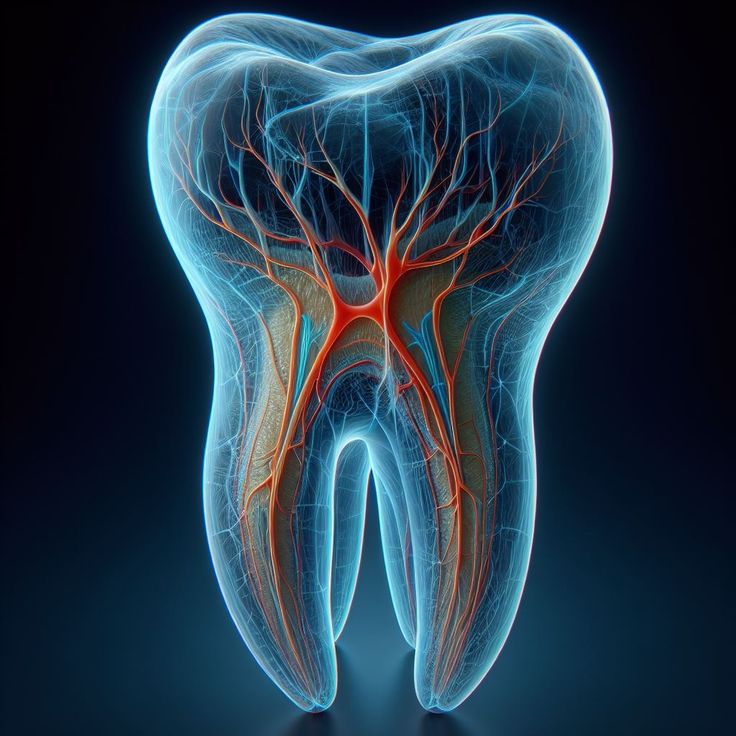
Dental Anxiety or phobia is a common issue that affects millions of people worldwide. It can be a significant barrier to maintaining good oral health, as individuals with dental phobia often avoid necessary dental visits and procedures. In this blog post, we’ll explore dental phobia, its causes, and strategies to overcome it, so you can take steps towards a healthier and happier smile.
Dental phobia, also known as dentlphobia or odontophobia, is an intense fear or anxiety associated with dental treatment and dental settings. It can range from mild unease to severe panic attacks at the mere thought of visiting a dentist. Understanding the root causes of dental phobia is the first step towards conquering it.

1. Communication with the Dentist
Share Your Concerns: Inform your dentist about your fears. Most dental professionals are trained to handle anxious patients.
Ask Questions: Understanding the procedure can alleviate fear of the unknown.
Establish Signals: Agree on a hand signal to pause the procedure if needed.
2. Choose the Right Dentist
Look for a dentist who specializes in treating anxious patients.
Pediatric dentists or dentists with sedation training often excel at calming patients.
3. Sedation Options
Nitrous Oxide (Laughing Gas): Helps patients relax while staying awake.
Oral Sedatives: Medications like diazepam taken before the appointment.
IV Sedation: Deep relaxation, often used for complex procedures.
General Anesthesia: Reserved for severe phobias or complex surgeries.
4. Cognitive Behavioral Therapy (CBT)
A trained therapist can help you address and overcome irrational fears about dental visits.
5. Support System
Bring a trusted friend or family member to your appointment for emotional support.
Dental Anxiety is characterized by extreme anxiety and fear related to dental visits, often stemming from past negative experiences or fear of pain. Recognizing common triggers like the sight of dental instruments or the sound of drills helps individuals identify their fears.
An intense fear of dentistry called as Dental Anxiety , which may affects many individuals and can lead to avoidance of dental care, impacting oral health.
Understanding triggers and learning coping mechanisms are crucial for managing dental phobia effectively.
Dental Anxiety is characterized by extreme anxiety and fear related to dental visits, often stemming from past negative experiences or fear of pain.
Recognizing common triggers like the sight of dental instruments or the sound of drills helps individuals identify their fears.
Deep breathing exercises, visualization techniques, and mindfulness can help manage anxiety before and during dental appointments.
Seeking support from understanding friends, family, or therapists provides emotional reassurance and encouragement.
Empathy and Patience: Build trust and make the patient feel heard.
Explain Procedures: Use simple language and visual aids.
We offer gentle cleanings and educational tools to help children develop a love for dental care.
Provide reassurance and praise after procedures.
By combining behavioral techniques, professional support, and technological advancements.
Dental anxiety and fear can be effectively managed, ensuring a healthier smile and a better quality of life.
Start with quick and simple visits.
Gentle Techniques: Use minimally invasive methods when possible.
Consulting a psychologist specializing in phobias.
Finding dental clinics that cater specifically to phobic patients.
Dr. Sushmita Rath and their team at Soul Family Dental and Implants provide quality dental care to patients in the Post Oak, Houston TX and surrounding areas, focusing on a comprehensive approach to oral health.


© 2024 Soul Family Dentaland Implants. All rights reserve.
This website uses cookies to provide you with the best browsing experience.